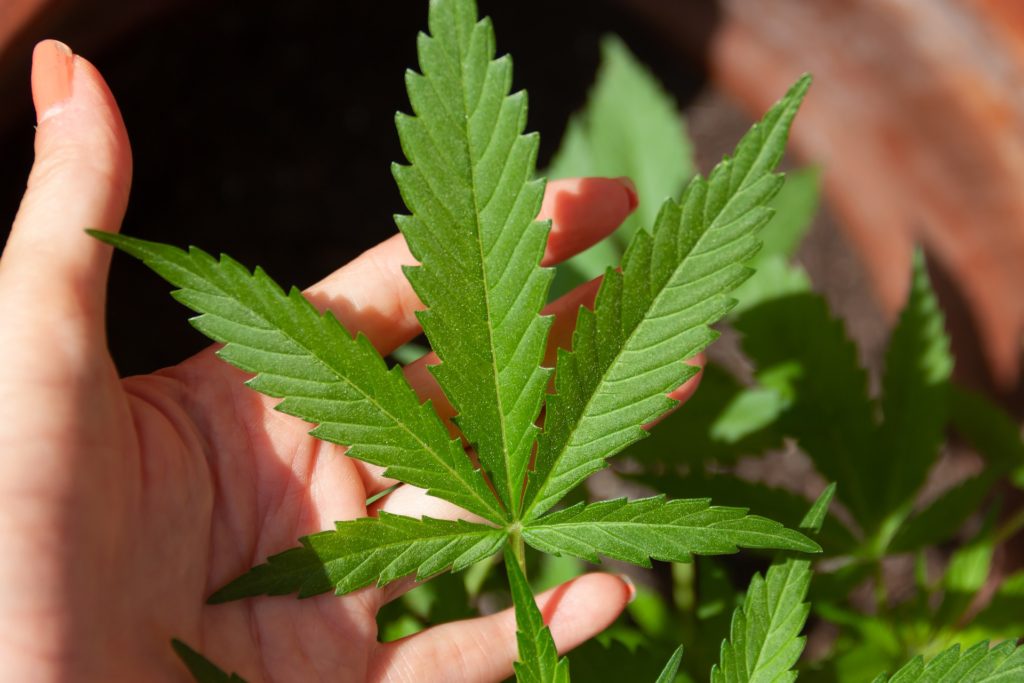

Individuals with sickle cell disease or chronic tic disorder will soon be able to get medical cannabis in Minnesota. Those with anxiety, however, will need to wait.
The Minnesota Department of Health (MDH) announced on Tuesday the addition of both sickle cell disease and chronic vocal or motor tic disorder to its list of qualifying conditions for the state’s medical cannabis program.
This decision by Commissioner of Health Jan Malcolm comes after a months-long process that began with petitions being submitted back in July. Public comments were collected in October, with a public meeting of the MN Medical Cannabis Review Panel in early November. Three petitions were considered for addition, including the two approved conditions along with anxiety.
“Giving sickle cell patients a more direct pathway into the medical cannabis program will permit them a non-opioid option to manage their pain,” Commissioner of Health Jan Malcolm was quoted as saying in a news release announcing the decision.
With evidence showing the positive effects for those with Tourette’s in treating tics, the move yesterday includes those with a similar disorder. Individuals with Tourette’s experience both vocal and motor tics whereas individuals diagnosed with the condition approved today experience either vocal or motor tics, not both.
Commissioner Malcolm did not approve anxiety but instead committed to looking more into the issue in the first part of 2021. This was the third time that anxiety was considered by the department, first being denied in 2015 and again last year. “Anxiety is a broad term for a group of specific disorders,” the Commissioner said, “we want to dig into specific anxiety disorders more and move forward carefully,” expressing concern that some patient’s anxiety might be worsened by cannabis.
This decision is despite a large number of public comments in favor of the addition. Several other states include patients with that disorder to participate in their medical cannabis programs, so for the casual observer, this decision might seem surprising, especially with the petition being supported by a number of individuals, including two employees of Minnesota Medical Solutions (now Green Goods).
The main petitioner, Gunnar Aas, is the board president of Sensible Minnesota, a nonprofit organization in Minnesota working to educate the public on the medical benefits of cannabis. “Minnesota’s patients have been asking for the addition of anxiety to the qualifying condition list since the inception of the program,” said Aas, “and it’s unfortunate that our petition was not approved.”
He continued, explaining that “The harsh reality is that this petition process alone will not solve the problems with our medical program”. According to Aas, as well as 86% of registered patients in Minnesota, the cost of the medicine is a barrier to Minnesotans getting the medical cannabis that they need. Adding Anxiety would have reduced the overall cost, as was seen after the addition of Post-Traumatic Stress Disorder and Chronic Pain to the list of qualifying conditions.


Sensible Minnesota has worked towards several other changes to the state’s program, including expanding the delivery methods to include flower and expanding the number of cannabis providers in the state (currently capped at two businesses). Sensible also continues to advocate for doing away with the qualifying condition list altogether, instead treating cannabis like any other medication in the state.
“As it looks increasingly unlikely an adult-use legalization bill will be passed by the Senate next session,” Aas concluded, “my hope is that the greater cannabis community joins us in support of these bipartisan, common-sense patient access reforms.”
//
Each petition considered this year can be found on the Minnesota Department of Health’s website.

It’s actually a great and helpful piece of info.
I am happy that you shared this helpful information with us.
Please stay us up to date like this. Thank you for sharing.